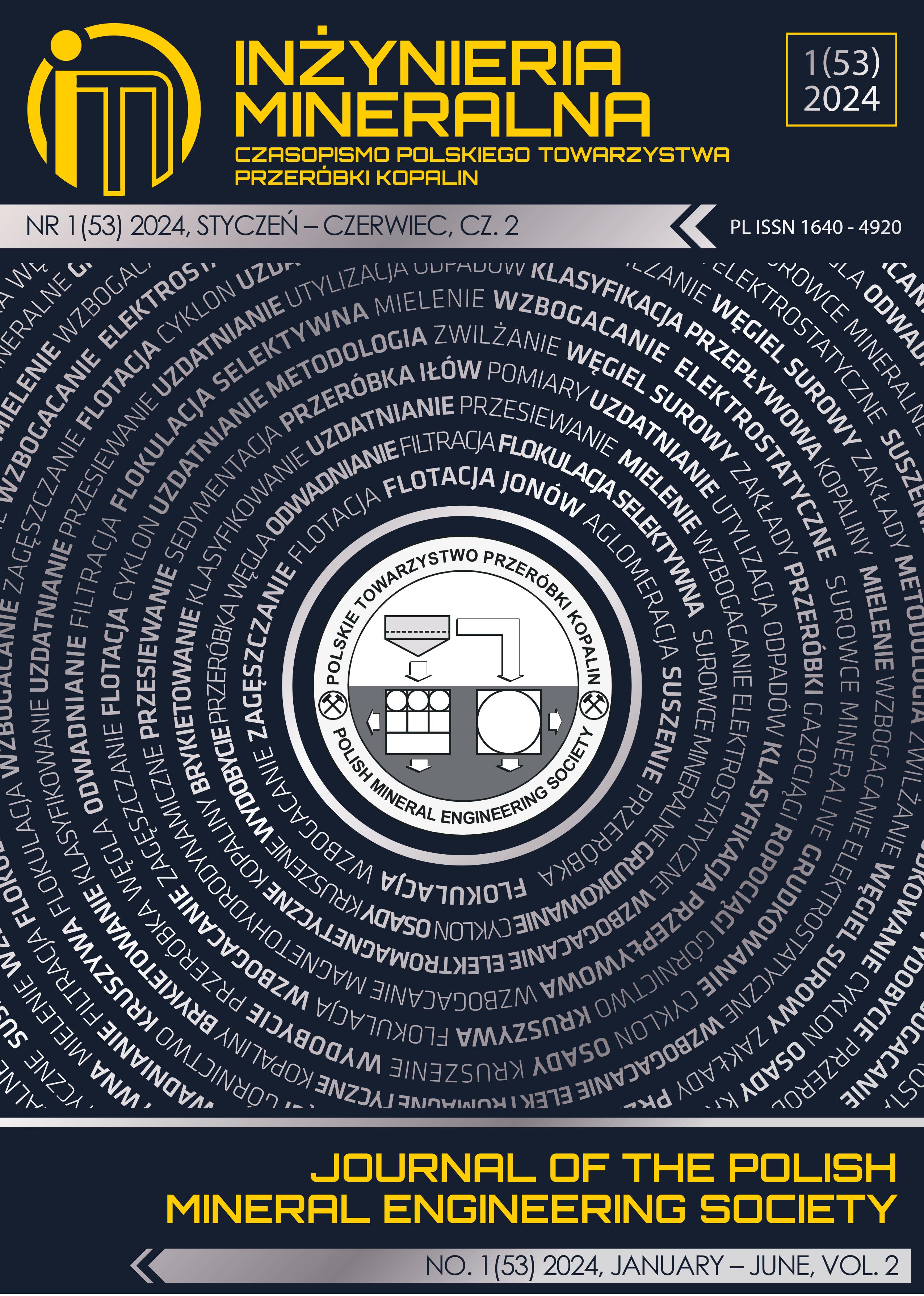Lean Green ‒ Integration of Lean Manufacturing and Sustainable Development in the Light of the Pursuit of Economically and Environmentally Efficient Operations
Keywords:
lean manufacturing, lean green, sustainability, environment, efficiency
Abstract
The concept of Lean Manufacturing is a set of techniques, methods and tools, whose application in manufacturing processes isexpected to eliminate wastes and improve their economic efficiency. The challenges of Sustainable Development determine a new
approach to conducting manufacturing activities. Issues related to caring for the environment and the social aspects of the business
are becoming crucial from the point of view of business stakeholders. The article attempts to juxtapose the classical approach to Lean
Manufacturing, presenting its main principles. The authors also highlighted the key legal and formal requirements that determine a
different approach to Lean Manufacturing. The main sources of green wastage were then presented and possible ways of correlating
the Lean Manufacturing (classical) concept with Lean Manufacturing seen in the light of Sustainability challenges were analysed. This
combination was presented as Lean Green, thus indicating the possible relationship between Lean Manufacturing and Sustainability,
in its environmental part. Using examples of specific companies, the potential benefits of implementing a Lean Manufacturing concept
oriented not only on economic aspects, but above all on environmental benefits, are summarised. A review of the Polish and world
literature, an analysis of available sources and the authors' own experience were used.
Published
2024-07-25
How to Cite
Piętka, K., & Bogacz, P. (2024). Lean Green ‒ Integration of Lean Manufacturing and Sustainable Development in the Light of the Pursuit of Economically and Environmentally Efficient Operations. Test, 2(1), 211–218. https://doi.org/10.29227/IM-2024-01-111
Section
ARTICLES
Copyright (c) 2024 Konrad Piętka,Paweł Bogacz

This work is licensed under a Creative Commons Attribution-ShareAlike 4.0 International License.
This journal permits and encourages authors to post items submitted to the journal on personal websites or institutional repositories both prior to and after publication, while providing bibliographic details that credit, if applicable, its publication in this journal.







.png)
